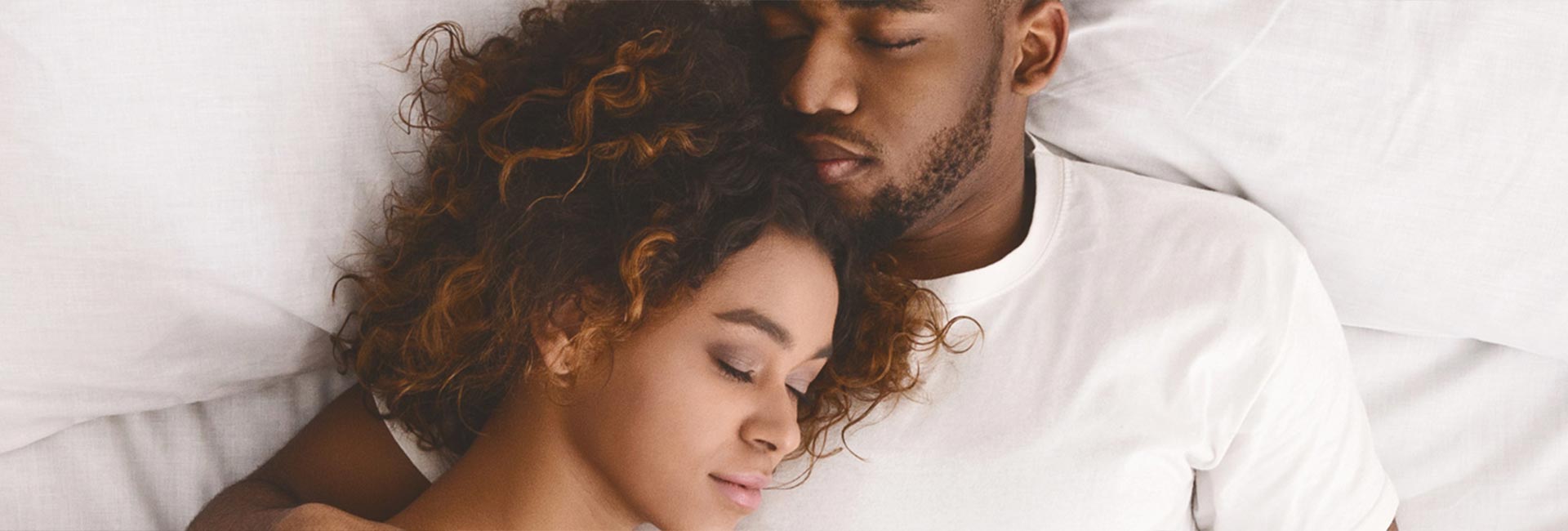Sleep Apnea Treatment in Sacramento, CA
Snoring & Sleep Apnea can Contribute to a Decreased Quality of Life
Many people complain of tiredness even after sleeping for eight to ten hours at night. Despite a sufficient number of hours in bed, they don’t feel well-rested when they get up. Are you one of those people? Have you been feeling tired even after sleeping all night? If so, there is a high chance that you may be suffering from sleep apnea. It is the most prevalent sleep disorder affecting over 100 million people worldwide. Schedule a visit to see our doctor who specializes in Sleep Apnea.
What is Sleep Apnea?
Sleep apnea is a common yet potentially serious disorder in which a person’s breathing repeatedly stops and starts while they sleep. A person suffering from sleep apnea experiences an involuntary pause in breathing that is caused either by a blocked airway or by a signaling problem in the brain. If the condition is left untreated, it can lead to severe complications such as depression, high blood pressure, diabetes, or heart disease. As the person hasn’t rested well throughout the night, they will feel drowsy throughout the day and have an increased risk of accidents.
Two Types of Sleep Apnea are Very Common
Obstructive Sleep Apnea (OSA): In this case, blockage of an airway is caused by soft tissue in the back of the throat collapsing during sleep. It is more common of the two forms of sleep apnea. With this condition, a person will unknowingly stop repeatedly breathing throughout their sleep.
Central Sleep Apnea (CSA): This is a condition in which, due to instability in the respiratory control center, the brain fails to send a signal to the muscles to breathe. Once the airway is open, or the signal is received from the brain, the person will snort or take a deep breath, or in some cases, wake up suddenly with a sensation of choking, gasping, or smothering.
Sleep apnea affects at least one in five people all over the world. Though the symptoms are very mild, it is a very common condition. At least one in fifteen people experience moderate to severe symptoms, and it is more prevalent in people aged fifty and above.


What are the Symptoms of Sleep Apnea?
The symptoms of sleep apnea include:
- Gasping for air while sleeping
- Morning headaches
- Episodes in which the person stops breathing during sleep usually reported by another person
- Difficulty staying asleep or insomnia
- Hypersomnia or excessive daytime sleeping
- Waking up with a dry mouth
- Trouble paying attention during awake hours
- Irritability
- Loud snoring
If you are experiencing any of the symptoms, call Dr. Formoli and book an appointment today!
What is the Solution for Sleep Apnea and Snoring?
Snoring is often associated with sleep apnea, mostly with obstructive sleep apnea. Not every person who has snores has OSA, but it is one of the causes of OSA and an indication to see a doctor immediately. The first step to treating sleep apnea is a lifestyle change that includes smoking and alcohol cessation, weight loss if you are obese or even overweight, and sleeping on your side.

Other Treatment Options Include:
CPAP or Continuous Positive Airway Pressure Therapy
CPAP, pronounced as SEE-pap, uses a machine to deliver air pressure through the mask while the person sleeps. CPAP is an ideal treatment for those individuals who have moderate to severe sleep apnea. The air pressure in CPAP is better than that of the surrounding air, and it’s enough to keep airway passages open.
CPAP is the most common and reliable treatment not only to treat sleep apnea but also to reduce snoring. The only problem with CPAP is that some people find it uncomfortable or cumbersome and thus stop using it after a while. There are several different types of masks that one can try and find the best fit. Dr. Formoli at Arden Park Dental Care suggests adjusting the tension of the strap as well as finding the right mask to increase comfort.
MRD or Mandibular Repositioning Device
This is a custom-made oral appliance that is suitable for individuals with mild to moderate OSA. MRD is a mouthpiece that holds the jaw in a forward position to expand the space behind the tongue while the person sleeps. It helps keep the upper airway open, thus preventing snoring and sleep apnea.
At Arden Park Dental Care, Dr. Formoli will carry out extensive consultation with you to adjudicate which kind of mouthguard will work best for you. Different types of guards exist and can be used depending on the cause of your sleep apnea. Once the examination is complete, a mold is made of your mouth so that the mouth guard can fit you perfectly.
Patients have reported a positive improvement in their symptoms by utilizing a mouthguard. Improved sleep, reduced snoring, feeling more rested and alert are all common benefits to using a mouth guard for sleep apnea.
If you feel you have sleep apnea, don’t wait, call Arden Park Dental Care for relief from sleep apnea. Dr. Formoli will help you find the best solution for your sleep problem!
SCHEDULE A CONSULTATION TODAY!

Dr. Shahnaz L. Formoli performed her post-graduate studies at the University of Loma Linda and the University of the Pacific and trained with some of the top Experts with renowned expertise in Cosmetic Anti-Aging dentistry, Implant Dentistry, Soft tissue management, Laser dentistry, and Invisalign, she is a dedicated member of various local and international dental associations.
Dr. Formoli is committed to offering the community the highest quality, Anti-aging Aesthetic, corrective dentistry. In addition to her expertise, she offers Snap-On Smile—a swift, temporary solution as patients prepare for permanent restorative treatments. Her goal is to create an unparalleled experience in dental care, utilizing advanced modern technologies in an old-fashioned warm, compassionate, and friendly environment.












